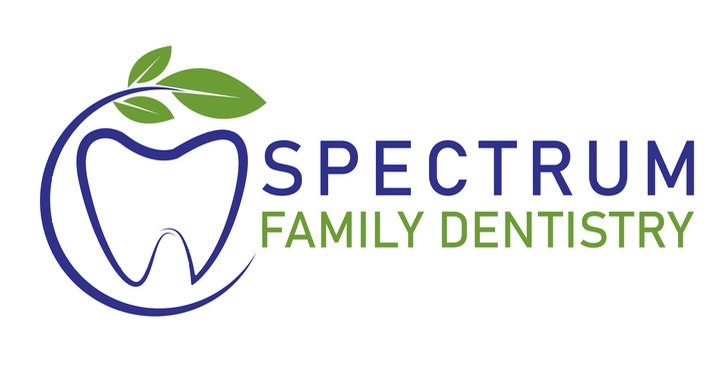Oral cancer is a serious and potentially life-threatening condition that can affect anyone. According to the American Cancer Society, an estimated 54,000 Americans will be diagnosed with oral or oropharyngeal cancer in 2023, with an estimated 10,850 deaths from these cancers. However, with early detection and treatment, the chances of surviving oral cancer can be greatly improved. In this article, we will discuss the importance of oral cancer screening, symptoms, prevention, treatment, and support.
Screening:
Oral cancer screening is a simple and painless process that involves a visual examination of the mouth, throat, and neck. The purpose of screening is to detect any signs of cancer or precancerous conditions before they become more serious. Early detection is crucial in treating oral cancer because it can prevent the cancer from spreading to other parts of the body. Screening should be done by a healthcare professional such as a dentist, doctor, or oral surgeon, who has the necessary training and equipment to detect abnormalities that may be indicative of oral cancer.
Symptoms:
The symptoms of oral cancer can vary depending on the location and stage of the cancer. Some common symptoms include:
A sore or lump in the mouth that does not heal
White or red patches in the mouth or on the tongue
Difficulty swallowing or chewing
Numbness or pain in the mouth or lips
Swelling in the jaw or neck
Unexplained weight loss
Changes in the way teeth fit together
It is important to note that these symptoms can also be caused by other conditions, so it is important to consult a healthcare professional if any of these symptoms persist.
Prevention:
There are several things that can be done to reduce the risk of developing oral cancer. These include:
Avoiding tobacco products, including cigarettes, cigars, and chewing tobacco
Limiting alcohol consumption
Using lip balm with sunscreen
Eating a healthy diet that includes plenty of fruits and vegetables
Getting vaccinated against human papillomavirus (HPV)
Treatment:
The treatment for oral cancer will depend on the location and stage of the cancer. Treatment options may include surgery, radiation therapy, chemotherapy, or a combination of these treatments. The goal of treatment is to remove or destroy the cancer while preserving as much of the surrounding tissue as possible. The earlier the cancer is detected, the more effective the treatment is likely to be.
Support:
A cancer diagnosis can be overwhelming, and it is important for patients to have a strong support system in place. This can include family members, friends, and healthcare professionals. There are also support groups and organizations that can provide information, resources, and emotional support to individuals with oral cancer and their families.
In conclusion, oral cancer is a serious condition that can have serious consequences if not detected and treated early. Oral cancer screening is a simple and painless process that can be done by a healthcare professional, and it is important for individuals to be aware of the symptoms and risk factors of oral cancer. Prevention is key, and individuals can take steps to reduce their risk of developing oral cancer. If you suspect you may have oral cancer or are experiencing any symptoms, it is important to consult a healthcare professional immediately. Remember, early detection and treatment can greatly improve the chances of survival. Browse around this site
